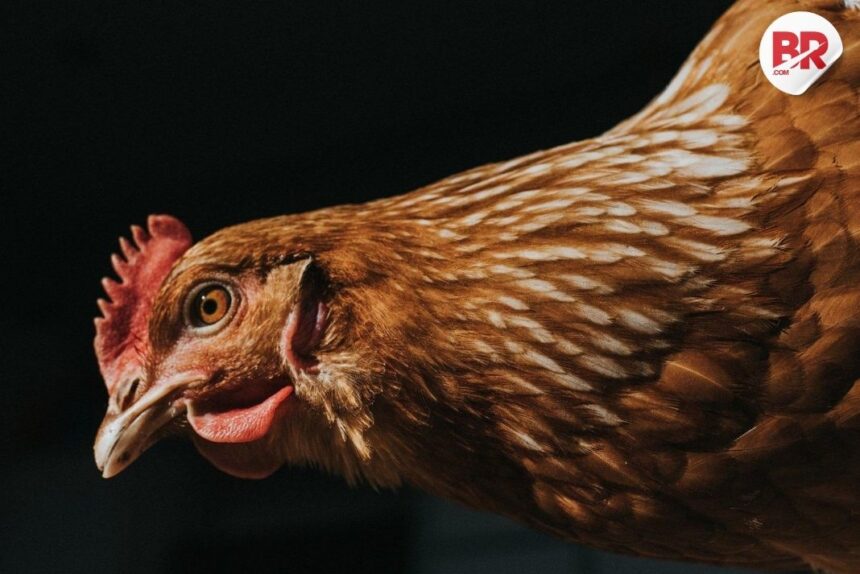Bird flu, or avian influenza, has once again made headlines in India. A new bird flu outbreak in Telangana has been confirmed in Siddipet district, raising concerns among health officials and local residents. The government is taking urgent steps to stop the virus from spreading.
What Happened in Siddipet?
Siddipet, a region known for its poultry farms and agriculture, reported unusual bird deaths earlier this week. Farmers noticed that several birds were falling sick and dying without clear reasons. Samples were quickly sent for testing.
Laboratory results confirmed the presence of the H5N1 virus, a dangerous strain of bird flu that spreads fast among birds. While rare, it can also infect humans, making the situation even more serious.
How Authorities Are Responding
The Telangana government didn’t waste time. Local teams rushed to the affected areas and began immediate containment measures.
1. Culling of Birds
All poultry in the outbreak zone is being culled. This process, though difficult for farmers, is essential to stop the virus from jumping to nearby farms or people.
2. Health Checks for Humans
Poultry workers and farmers in contact with the birds are undergoing regular health screenings. This helps detect any signs of the virus in people early on.
3. Sanitization Measures
Farms and equipment are being sanitized using approved disinfectants. Roads and nearby areas are also being cleaned thoroughly.
4. Travel and Transport Restrictions
Moving birds or poultry products in and out of the affected area has been restricted. This measure is in place to prevent the virus from spreading to other regions.
Learn more about bird flu prevention from WHO.
Why the Bird Flu Is a Big Deal
Bird flu outbreaks don’t just hurt birds. They also impact people and the economy. While H5N1 mostly affects poultry, it can infect humans, sometimes leading to serious illness or even death. According to the WHO, the human fatality rate of H5N1 is over 50% in reported cases.
For farmers, the economic loss is massive. Culling birds means losing income. Many families rely on poultry farming to survive, so a single outbreak can cause deep financial stress.
Also Read: Health Emergency in Pune: Contaminated Water Suspected in GBS Outbreak
How You Can Stay Safe
The good news? Bird flu doesn’t spread easily to people. But it’s still smart to take simple precautions:
- Avoid Contact with Birds: Don’t touch sick or dead birds. Call animal health officials if you see any.
- Cook Poultry Properly: Make sure chicken and eggs are fully cooked. Heat kills the virus.
- Wash Hands Often: Use soap and water after handling raw poultry or eggs.
- Stay Informed: Follow local updates and advice from health authorities.
What’s Next?
Right now, the situation is under control—but it remains tense. Continuous surveillance, quick response teams, and public support are key to preventing further outbreaks.
The bird flu outbreak in Telangana is a reminder that biosecurity and public awareness are vital. Whether you’re a farmer, consumer, or health worker, your role matters in keeping our communities safe.
Let’s stay alert, act responsibly, and support those affected. Together, we can stop the spread before it turns into something bigger.
Also Read: India on High Alert: Deadly H5N1 Bird Flu Spreads to Tigers and Humans




